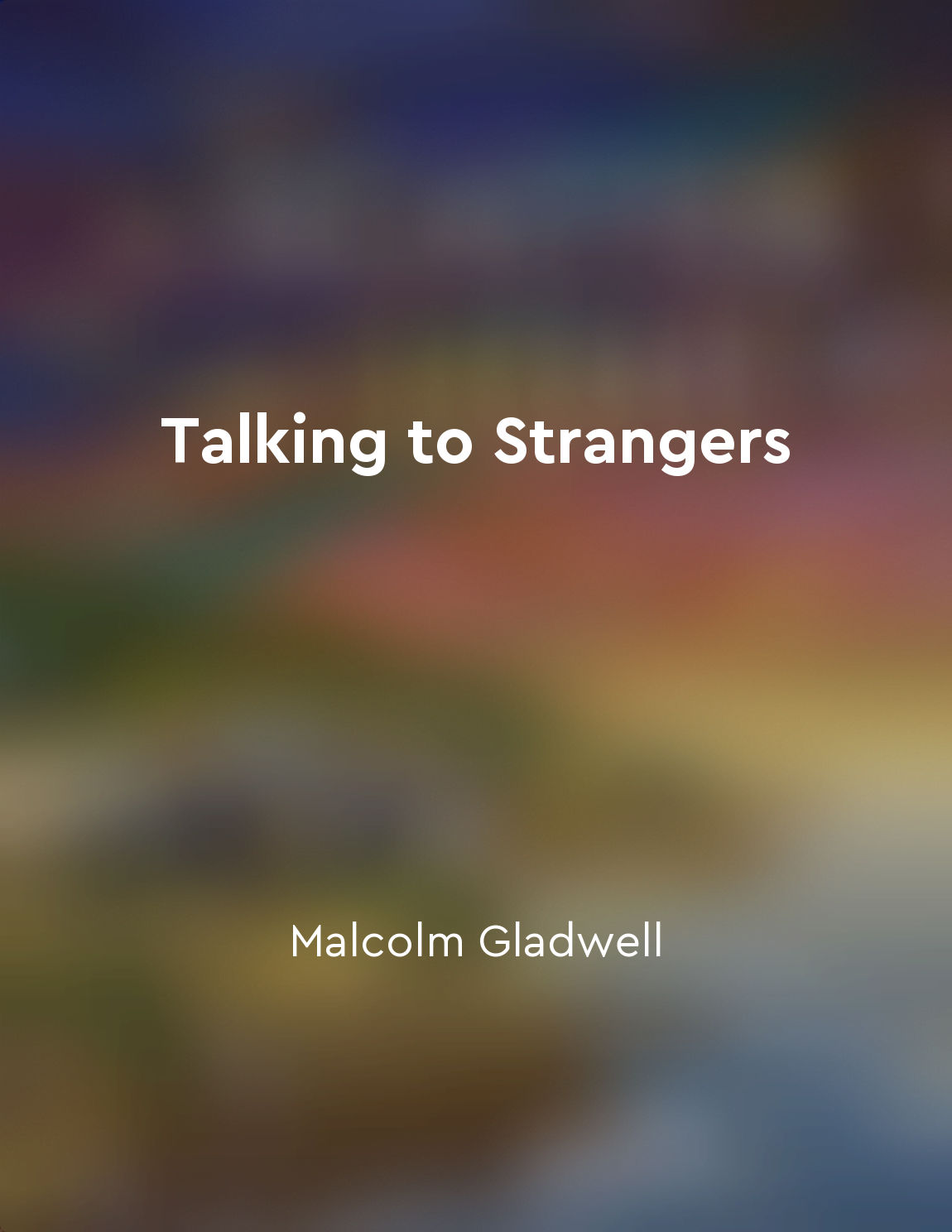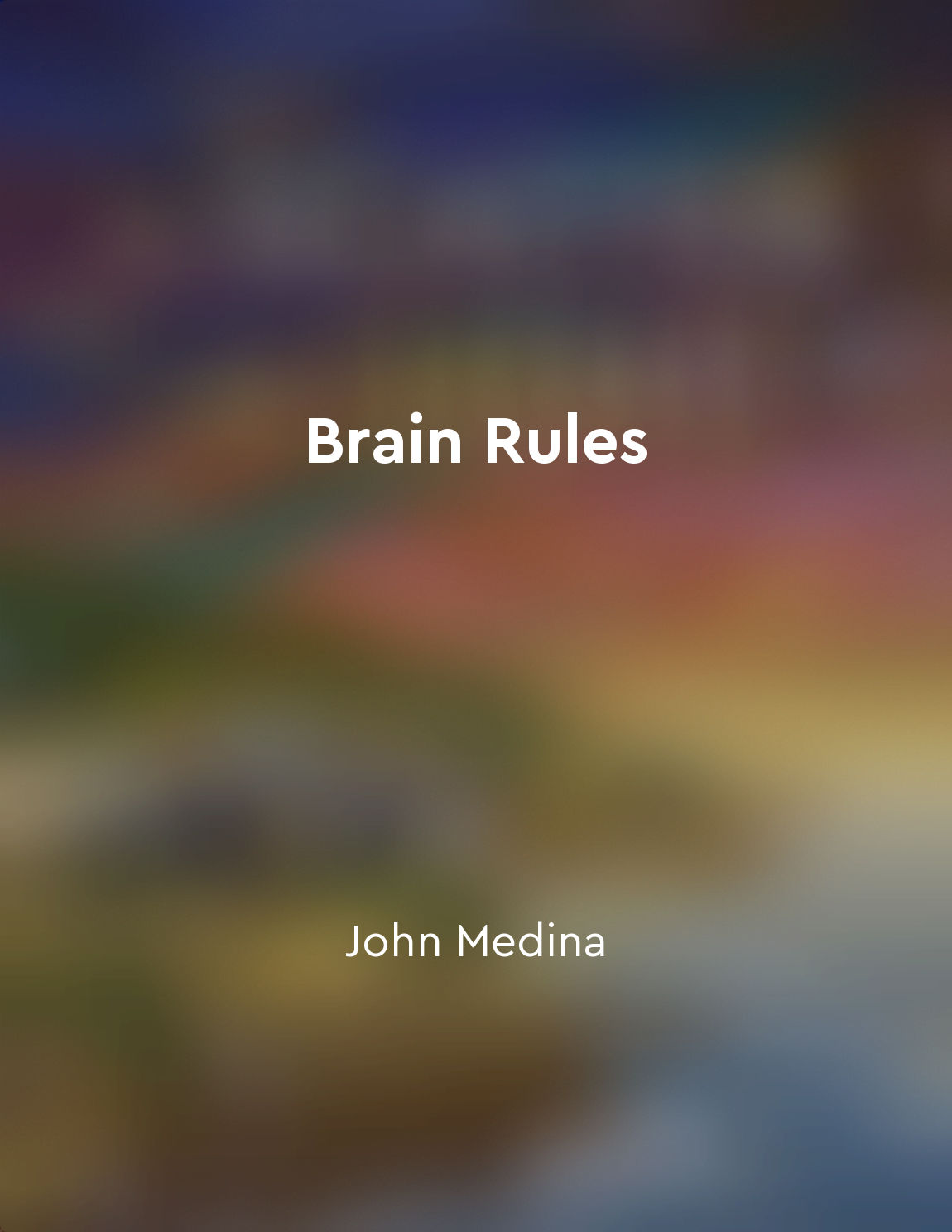Culture shapes human cognition from "summary" of A Natural History of Human Thinking by Michael Tomasello
In no other species does culture play as central a role in shaping cognition as it does in humans. From the moment of birth, humans are immersed in a cultural environment that influences every aspect of their thinking. This influence begins early, with infants learning the language, norms, and values of their culture through interaction with caregivers and other members of their community. Culture shapes human cognition by providing a framework for understanding the world. Through language, humans are able to communicate complex ideas, share knowledge, and collaborate on tasks. This shared understanding allows for the development of more sophisticated cognitive abilities, such as the abi...Similar Posts
Altruistic behavior can be genedriven
The idea that altruistic behavior can be gene-driven is a central theme in the exploration of human nature. Genes are the funda...
Magic rituals
Magic rituals are a significant aspect of religious practices among primitive societies. These rituals are believed to possess ...

Microexpressions can reveal hidden truths about strangers
Microexpressions are tiny facial movements that happen in a fraction of a second. They can be so fleeting that we might not con...
IQ scores can change with intervention and training
It is a commonly held belief that IQ scores are fixed and unchangeable, determined by genetics and unalterable factors. However...
Having more choices does not always lead to greater happiness
The idea that having more options can sometimes lead to less satisfaction may seem counterintuitive. We often assume that the m...
Human instincts are not always conscious decisions
In human behavior, the role of instinct is often underestimated. We tend to believe that our actions are the result of consciou...

Repeat to remember
Repetition is key when it comes to remembering information. The brain has a remarkable ability to store memories, and one way t...

Default to truth can make us vulnerable to deception
In the world of human interaction, we are often encouraged to default to truth. This means that we are inclined to believe what...
Comparative analysis helps understand similarities and differences between cultures
Comparative analysis serves as a crucial tool in the study of cultures, allowing for a deeper understanding of the similarities...
